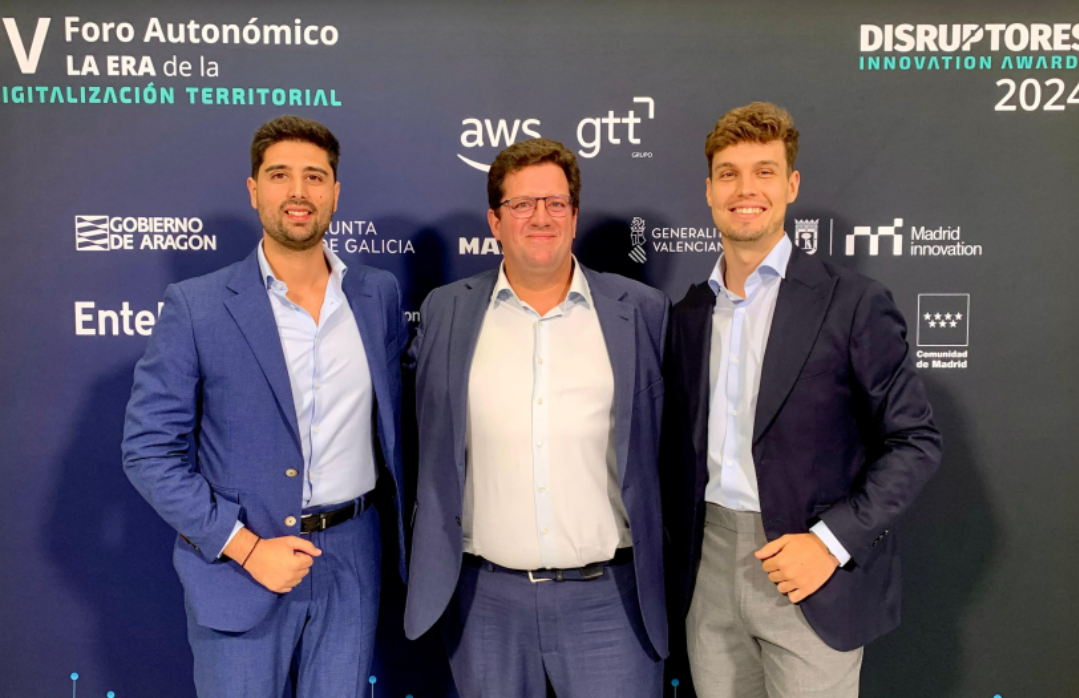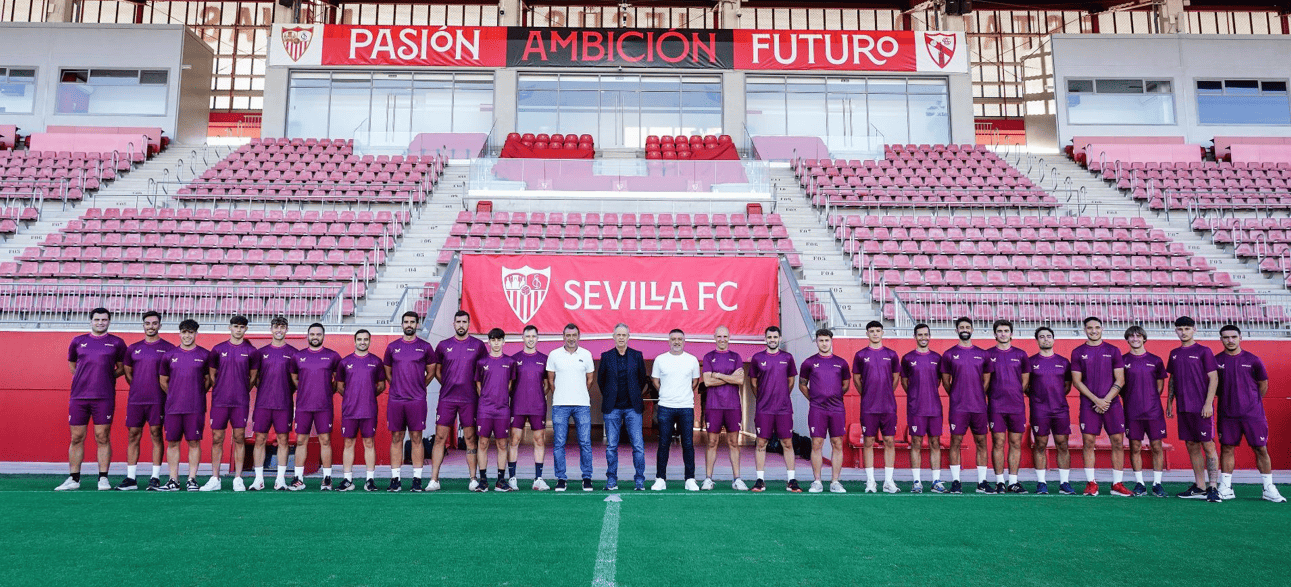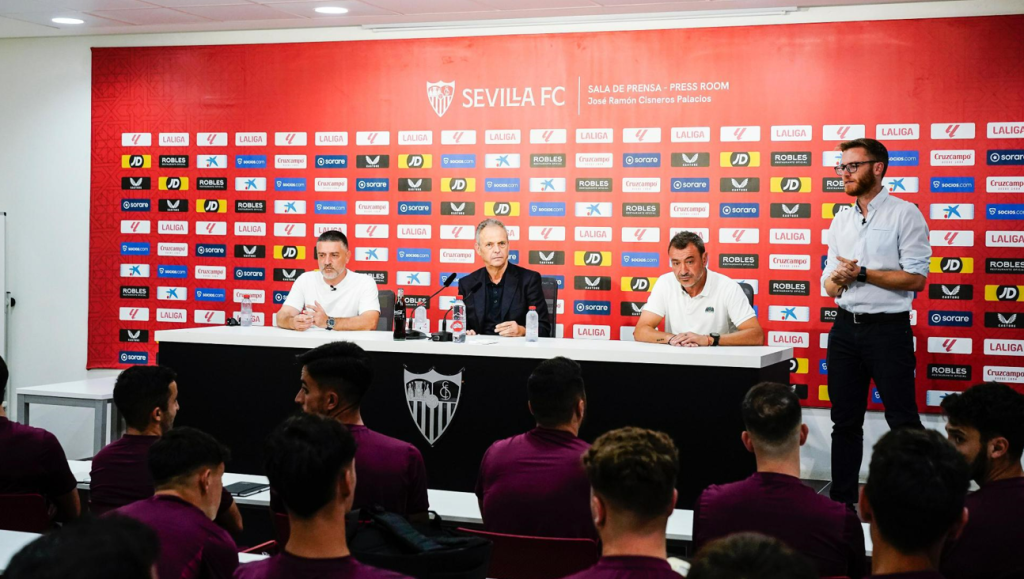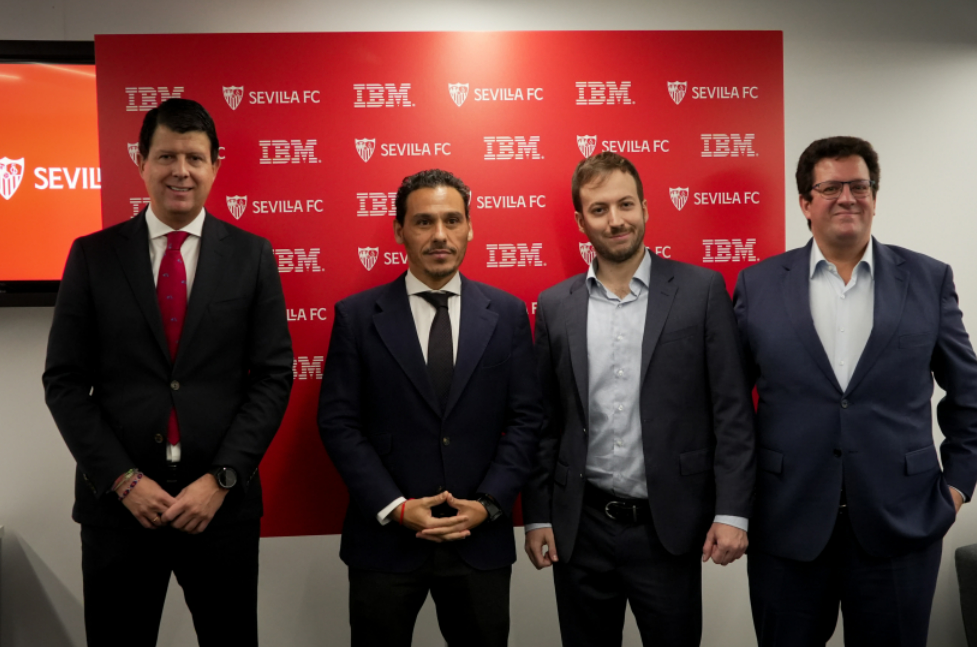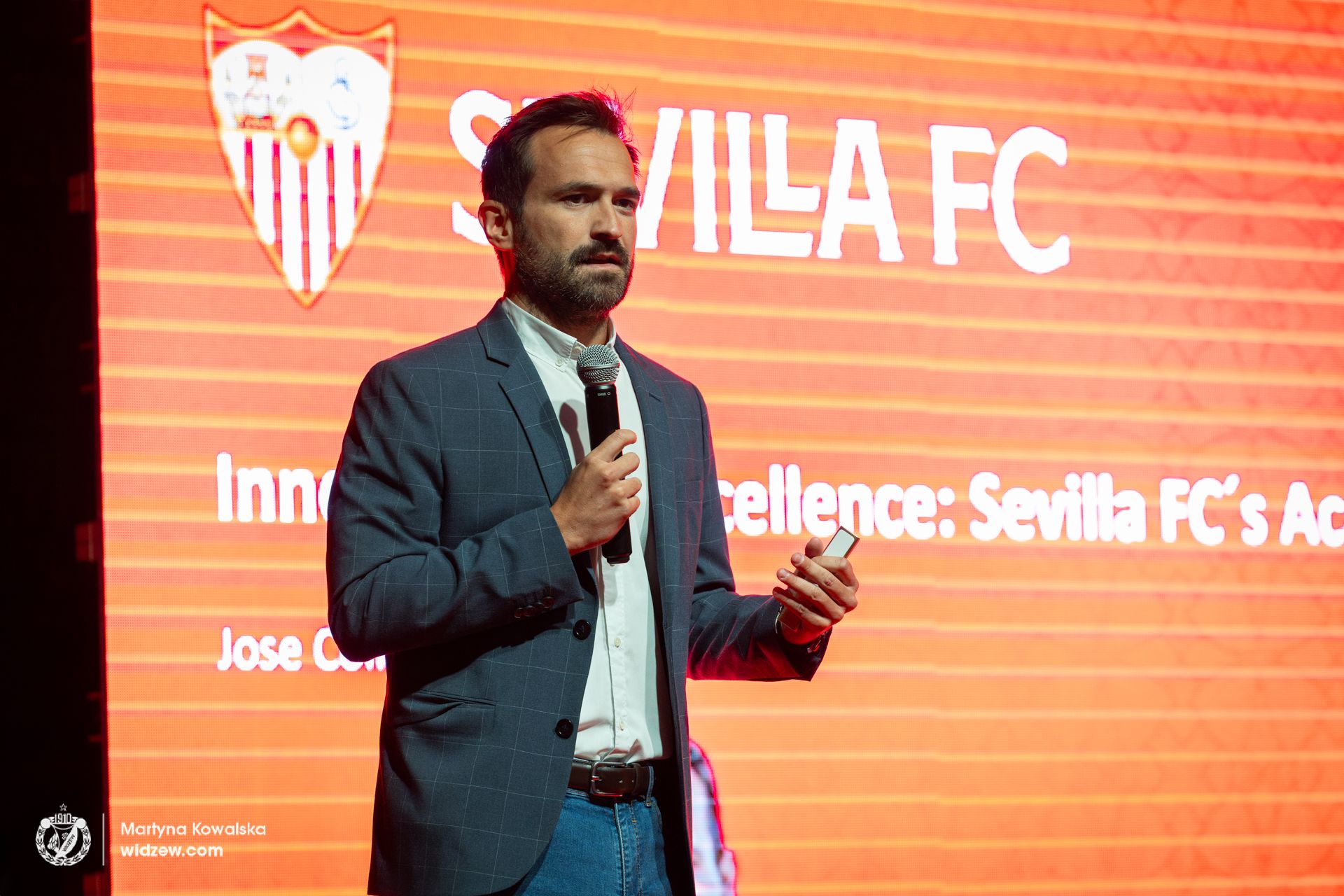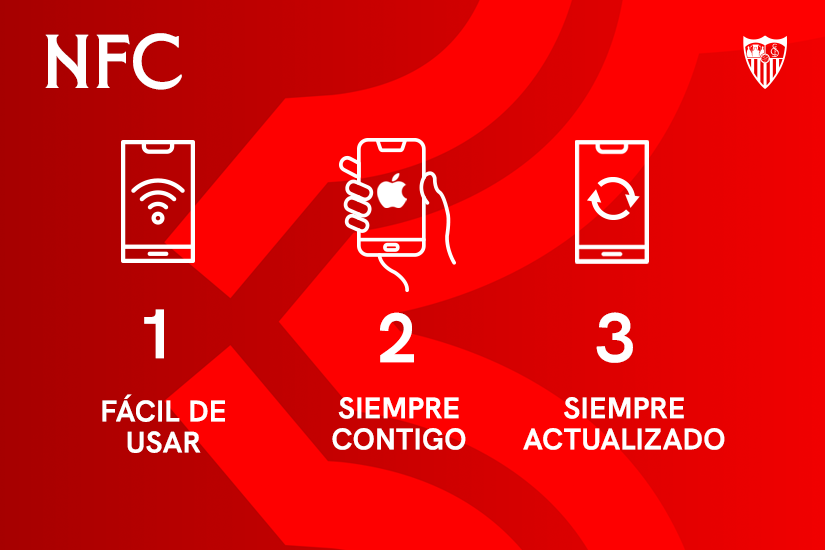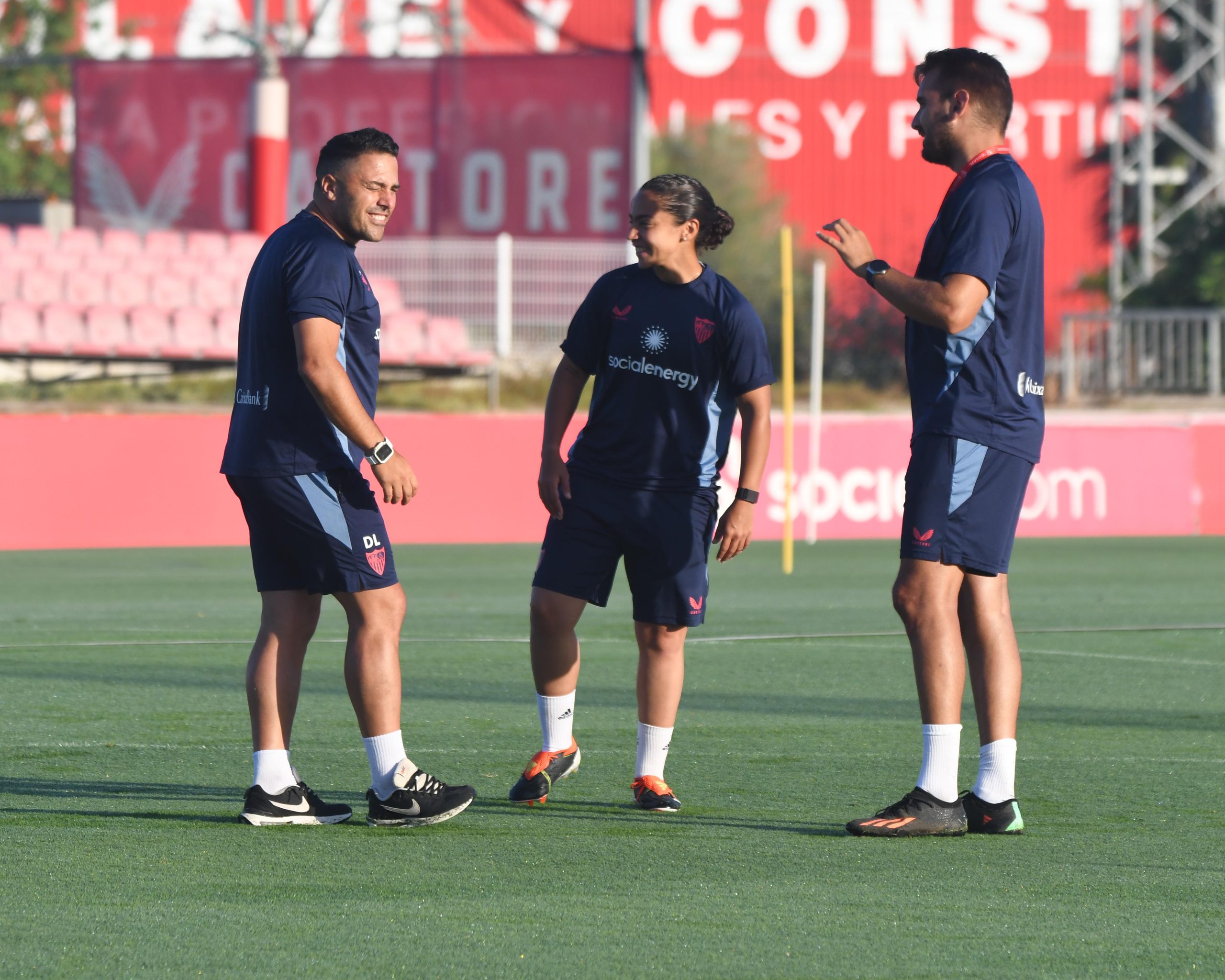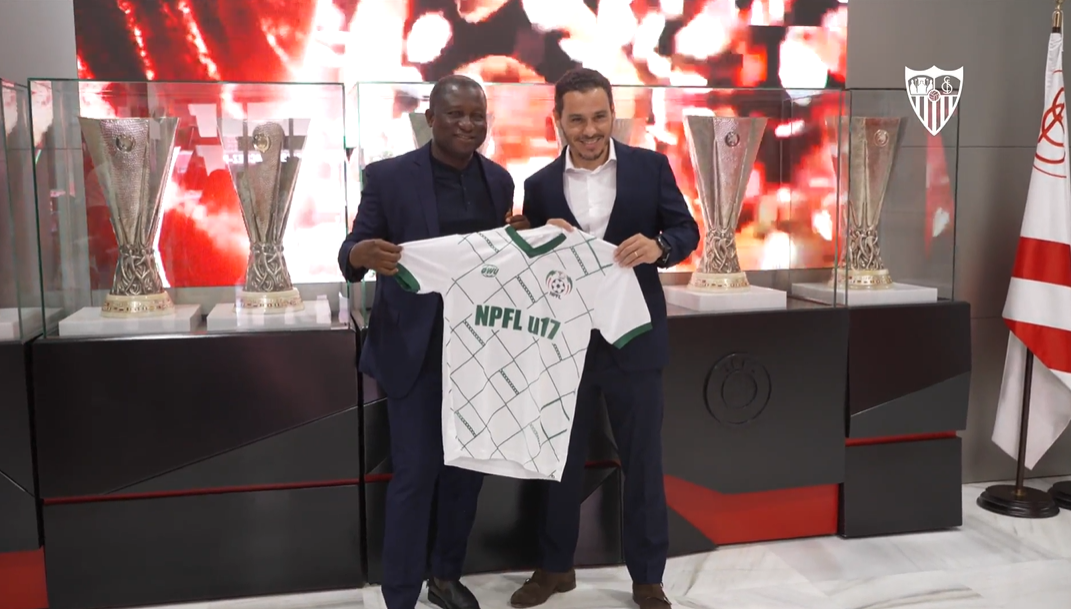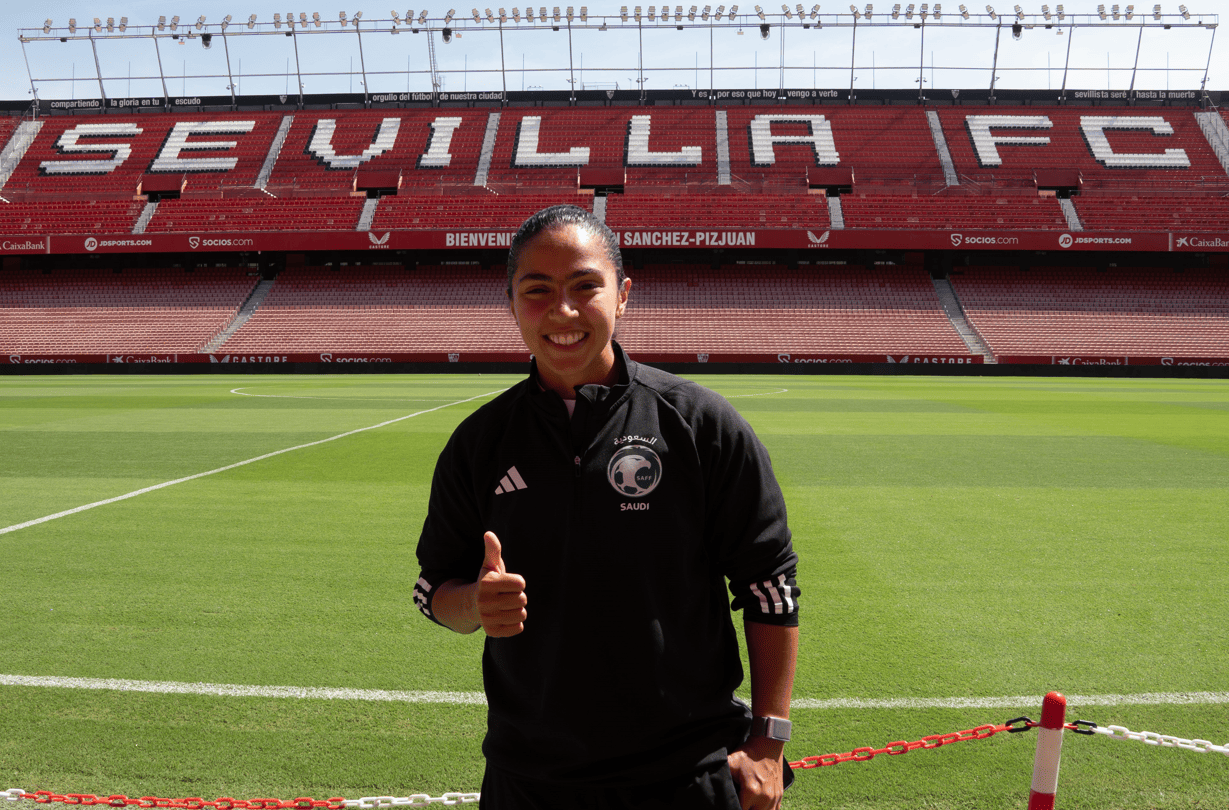
The agreement was formalized in the presence of the program director, Ghassan Felemban, and the president of the Spanish club, José María del Nido Carrasco. Under the terms of the agreement, Future Falcons players will have the opportunity to participate in trials with Sevilla FC. The collaboration will also extend to coaches and executives, who will benefit from internships at the Spanish club. Additionally, the agreement includes support for technical and medical services, as well as access to Sevilla FC’s facilities and training grounds. The collaboration will allow Sevilla FC scouts and coaches to be present at the Al Abtal Cup, in which the Spanish club will also compete.
Saudi women’s national team assistant coach Ahod Aamari recently participated in an internship with Sevilla FC through the program this past August. Sevilla FC is one of the most important clubs in Spain, having competed in La Liga for 78 seasons, winning the league title once and the Copa del Rey five times. In European competitions, Sevilla holds the record for UEFA Europa League titles, with seven wins, along with a UEFA Super Cup title. Romeo Jozak, the technical director of the Future Falcons program, expressed his satisfaction with the agreement, stating that it will open new paths for program players and staff, especially given Sevilla’s status as a prominent club in both Spanish and European football.
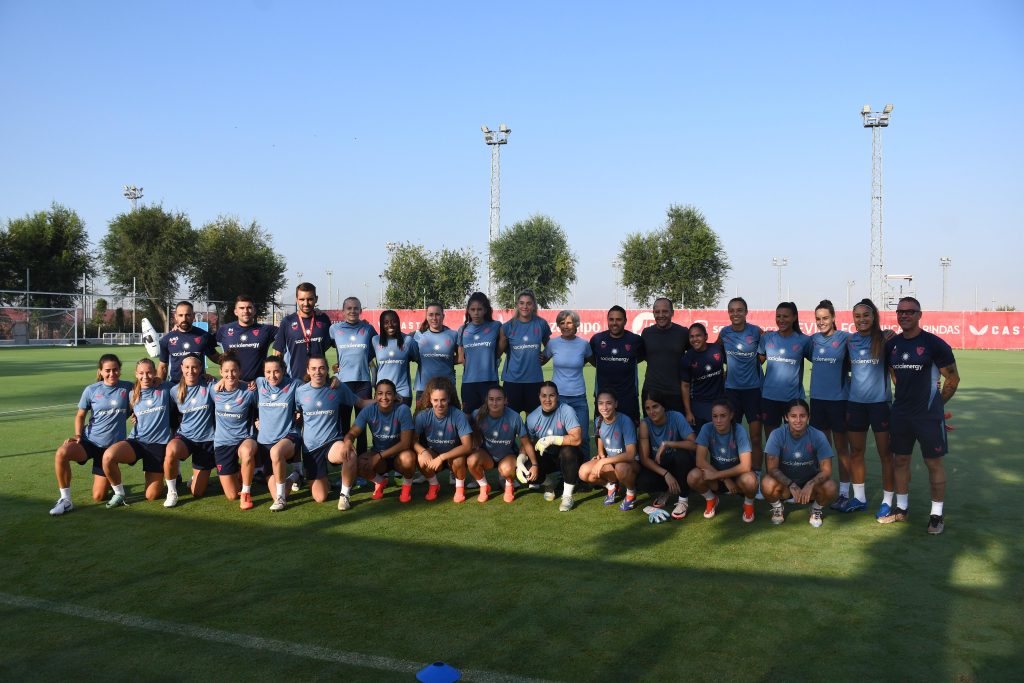
He also expressed his gratitude to the Saudi Arabian Football Federation and its president, Mr. Yasser Al-Misehal, for their strong support and ongoing oversight, which has enabled the program to achieve several of its goals aligned with the Federation’s vision. Jozak added, “The players and technical team of the program will be able to gain invaluable experience at a renowned Spanish club like Sevilla, whose academy is highly regarded for its ability to develop young talent. Through this partnership, they will participate in training sessions and play matches, as well as receive development opportunities for coaches and administrators to broaden their experience.”
